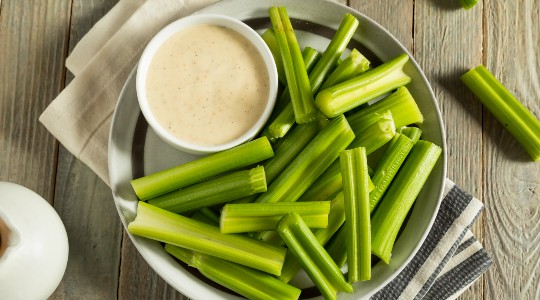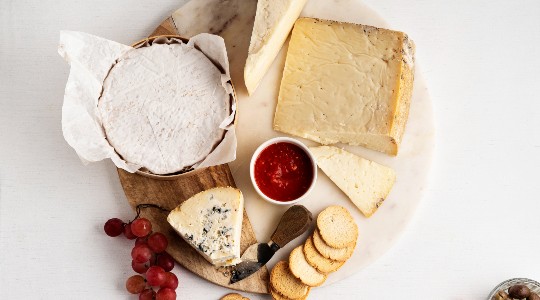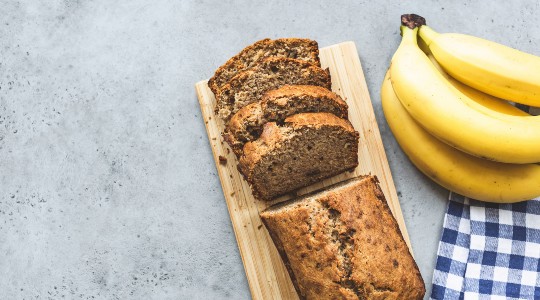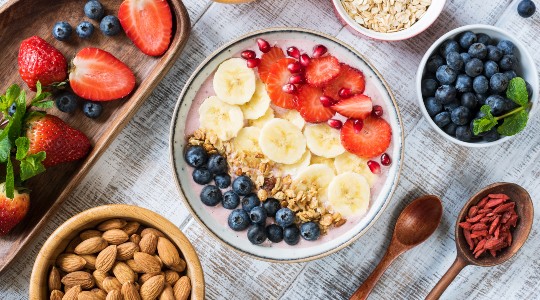
Five teeth-friendly picnic foods to enjoy this summer
Throughout the summer months, there are bound to be picnics on the horizon. We all know the usual cakes and ice creams are delicious picnic staples (that can be enjoyed in moderation), but they generally contain high amounts of sugar which is harmful for your teeth.
If you’re looking for some teeth-friendly alternatives, we’ve put together some low-sugar foods that you might want to add to your picnic basket this summer.

Celery or cucumber and hummus
Crunchy vegetables, such as carrots, celery or cucumber can help protect your mouth from plaque (a sticky substance that can build up on your teeth) as they require lots of chewing and crunching, which helps produce saliva and neutralise the bacteria in your mouth.
Vegetables don’t have to be boring; dips such as hummus are surprisingly good for your smile. Hummus is made of chickpeas, which are full of protein and folic acid that protect your gums and help you fight off disease.

Homemade potato salad
Potatoes are another teeth-friendly food you might consider. As well as containing vitamin C, which helps keep your gums healthy and strong, potatoes also contain vitamin A. Similarly to celery, vitamin A is good for saliva production. As well as neutralising bacteria, vitamin A helps break down sugar in your food, preventing it from attacking your teeth.
It’s best to try and avoid processed potato salads, as they often contain high amounts of sugar, but it’s easy to make your own using potatoes, yoghurt and crème fraiche.

Cheese
You might be surprised to learn that cheese is also good for your teeth. Cheese contains calcium, which naturally strengthens your teeth. It also helps balance the PH levels in your mouth, helping to neutralise harmful sugars that can attack your teeth. This generally applies to dairy-free cheese substitutes too.
Often, cheese is paired with crackers, but did you know these can actually be harmful for the teeth? Although they don’t contain lots of sugar, starchy food like crackers and bread form a paste in the mouth when your saliva breaks them down. This can get easily stuck between your teeth, allowing more plaque to accumulate. If you’re going to have crackers, try and look for wholemeal varieties, as they don’t break down as easily in your mouth.

Low-sugar banana bread
You probably already know that the worst offenders for tooth decay are treats like cakes and sweets. The more you eat sugar-refined, processed foods, the more acid that’s produced.
If acid is allowed to corrode the tooth enamel, and goes unchecked, it can cause holes in the teeth known as tooth decay. If you’re going to opt for a sweet treat, why not try our low sugar banana bread recipe instead?

Natural yoghurt and fruit
You might think that all sweet foods are bad for your teeth, but one thing that can help keep your smile healthy is strawberries. Strawberries contain malic acid, which can act as a natural teeth whitener, preventing a stain build-up.
Similarly to cheese, natural yoghurt contains calcium, which helps strengthen the teeth and bones. Opt for natural yoghurt rather than flavoured if you can, as they can often contain high amounts of sugar.
Top tips to keep your teeth healthy
You don’t have to cut out sugary foods altogether, just enjoy them in moderation. If you do end up opting for a sweet treat, there are some simple things you can do to limit the damage to your teeth.
- Avoid snacking: Although it’s tempting, try not to consume sugary snacks throughout the day. When you eat sugary foods, your teeth become covered in acid that are a by-product of your mouth breaking down that sugar. If you continue to snack, your teeth don’t have time to recover, making you more susceptible to tooth decay.
- Maintain good brushing habits: Brushing and flossing regularly is the key to maintaining a healthy, happy smile. Remember to use floss or interdental brushes between your teeth and brush for two minutes, twice a day, to help prevent tooth decay.
- Enjoy sugar in moderation: There’s nothing wrong with having the odd sugary treat, but according to the NHS, you should keep your sugar intake at no more than 5% of your total energy for the day. This differs for everyone, this means around 30g for adults and between 19 and 24g for children depending on their age.1
Take care of your smile with regular check-ups
As well as taking care of your teeth at home, it’s important to regularly see your dentist for a check-up, where they can check your mouth is healthy, and spot any signs of tooth decay or other oral health problems. Search for your practice below to book an appointment.
^ We may record or monitor our calls.
Bupa Dental Care is a trading name of Oasis Dental Care Limited. Registered in England and Wales No: 00478127. Registered office: Bupa Dental Care, Vantage Office Park, Old Gloucester Road, Hambrook, Bristol, United Kingdom BS16 1GW.
Oasis Dental Care Limited has a number of trading names including Bupa Dental Care. Please see the list of our different trading names.


